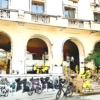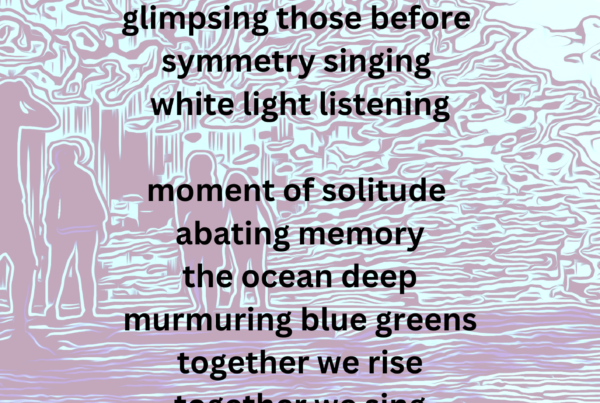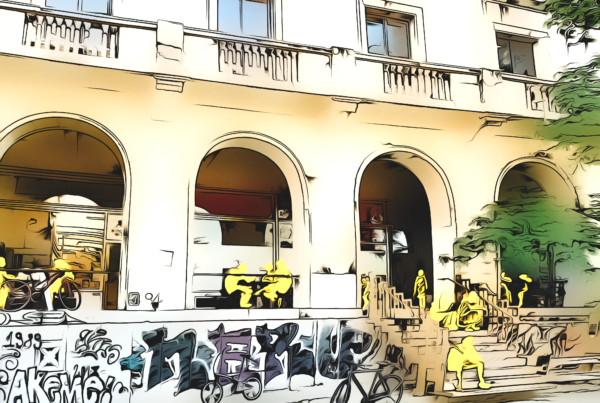little understood,
how she lived in the shadows,
hiding amongst the trees,
dressing as Alice in,
her own wonderland,
subtle, understated, muted, toned-down,
although perhaps, with a chill hand,
of autumn evenings, and carrying,
a disdain of others secret things,
smiling, speaking carefully, always cutting.
certain specific events triggered her,
to divert the course of the stream,
redirect conversations prospective dangerous direction,
where this idea was going, would,
have to stop, and stop it she would.
first a giggle, or with a laugh,
often a glance to the door or window,
for the tighter situation, more is required,
stern looks were good, but now,
asserting words with a coercing persistence.
what you ask ‘if the protagonist persists’?
then if fight is exhausted, flight must come,
excuses first, wrapped in incredulity,
then quick exits, exits stage left`
on foot, in car, or plane, circumstances equal to need.
run, whatever you do keep running!
DO NOT turn and face this foe!
the labels are clear, the history well proven,
run, don’t stop to consider your options!
no, no, keep running! head down, eyes closed!
an aside.
all this just to stop someone getting close?
all this to stop someone getting in?
all this must be a jokey comedy? surely – unreal?
patterns of living, habits of life,
protecting the place of present, this instance,
this place where we have arrived, breathing hard,
in truth, no plan, no contrivance delivered us here,
we arrived covertly by happenstance.
yes this story is true.
this tale, and more than you might imagine,
all to protect gentle bruised soul,
pretending to be Alice,
lost in her own Wonderland.
Thomas
The Pareto principle states that for many outcomes, roughly 80% of consequences come from 20% of causes. Scott Peck talks about how many walk away from therapy, the price of change the cost of the work too much, too much. seeing the distant horizon, they return to the caves there to complain of life and bitch about their leaders, ‘their’ to die .
oh and finally the dutch ‘van’ wiki says the following:
Van (Dutch pronunciation: [fɑn] (listen)) is a very common prefix in Dutch language surnames, where it is known as a tussenvoegsel. In those cases it nearly always refers to a certain, often quite distant, ancestor’s place of origin or residence; for example, Ludwig van Beethoven “from Bettenhoven”[1] and Rembrandt van Rijn “from the Rhine”







